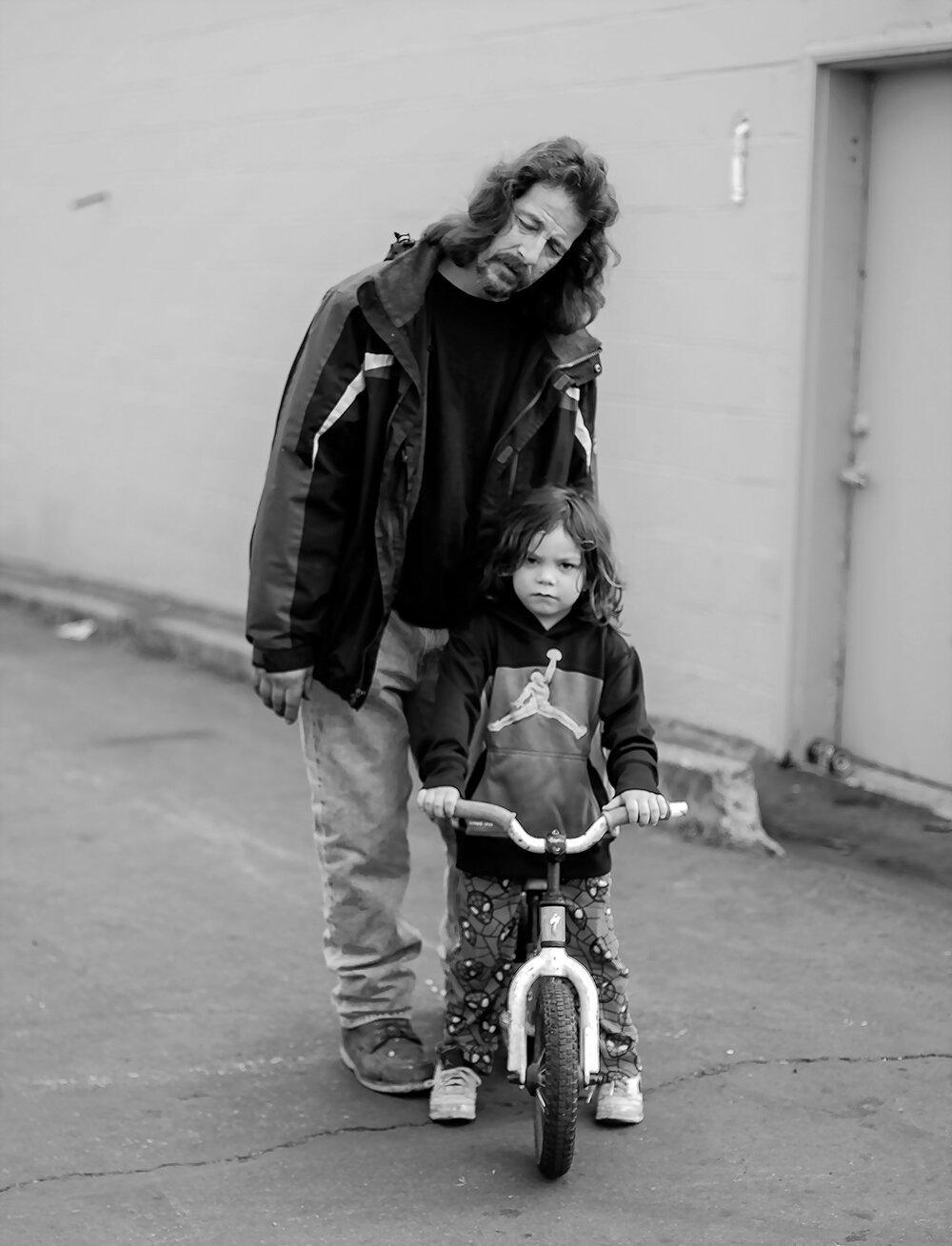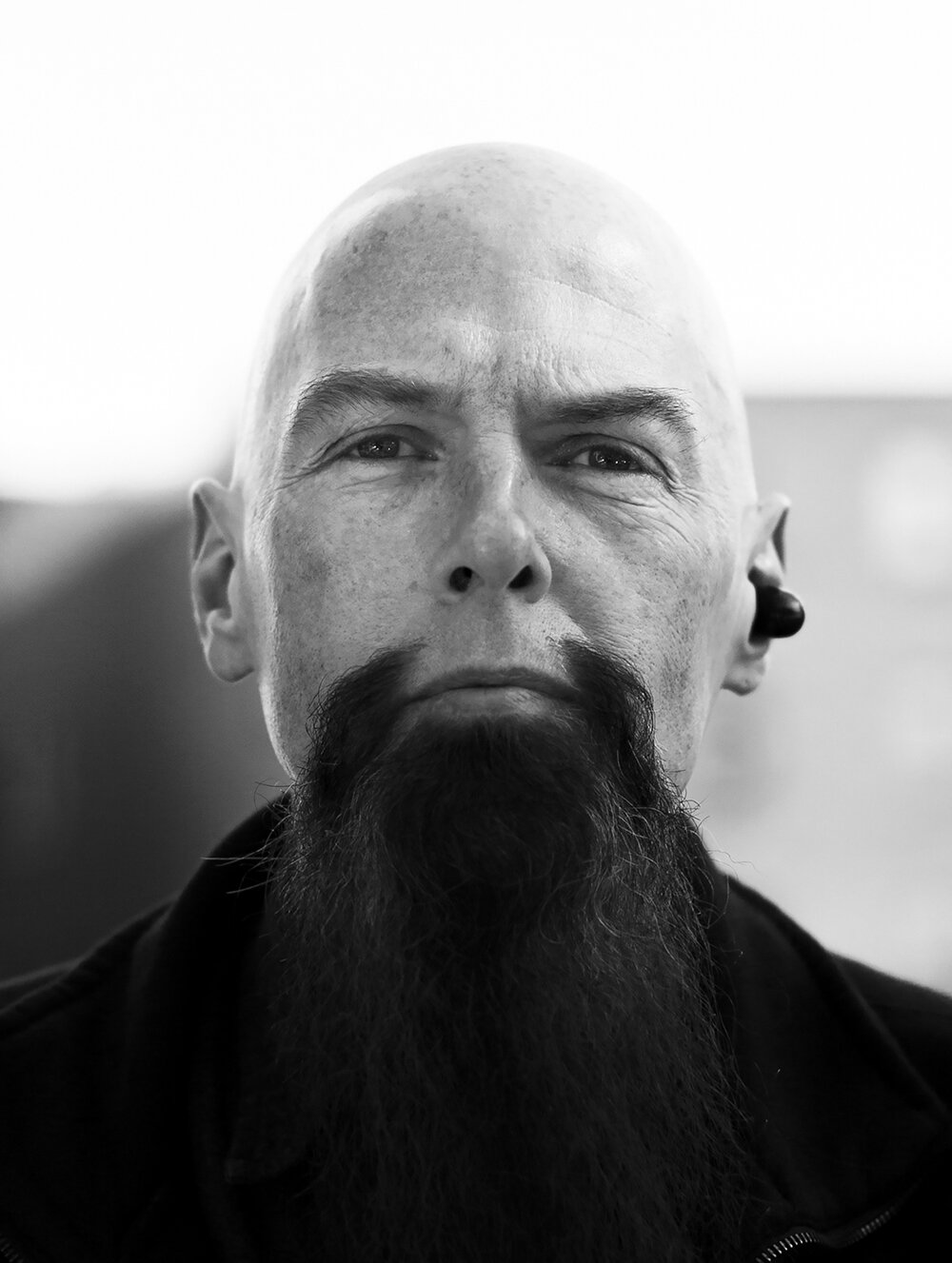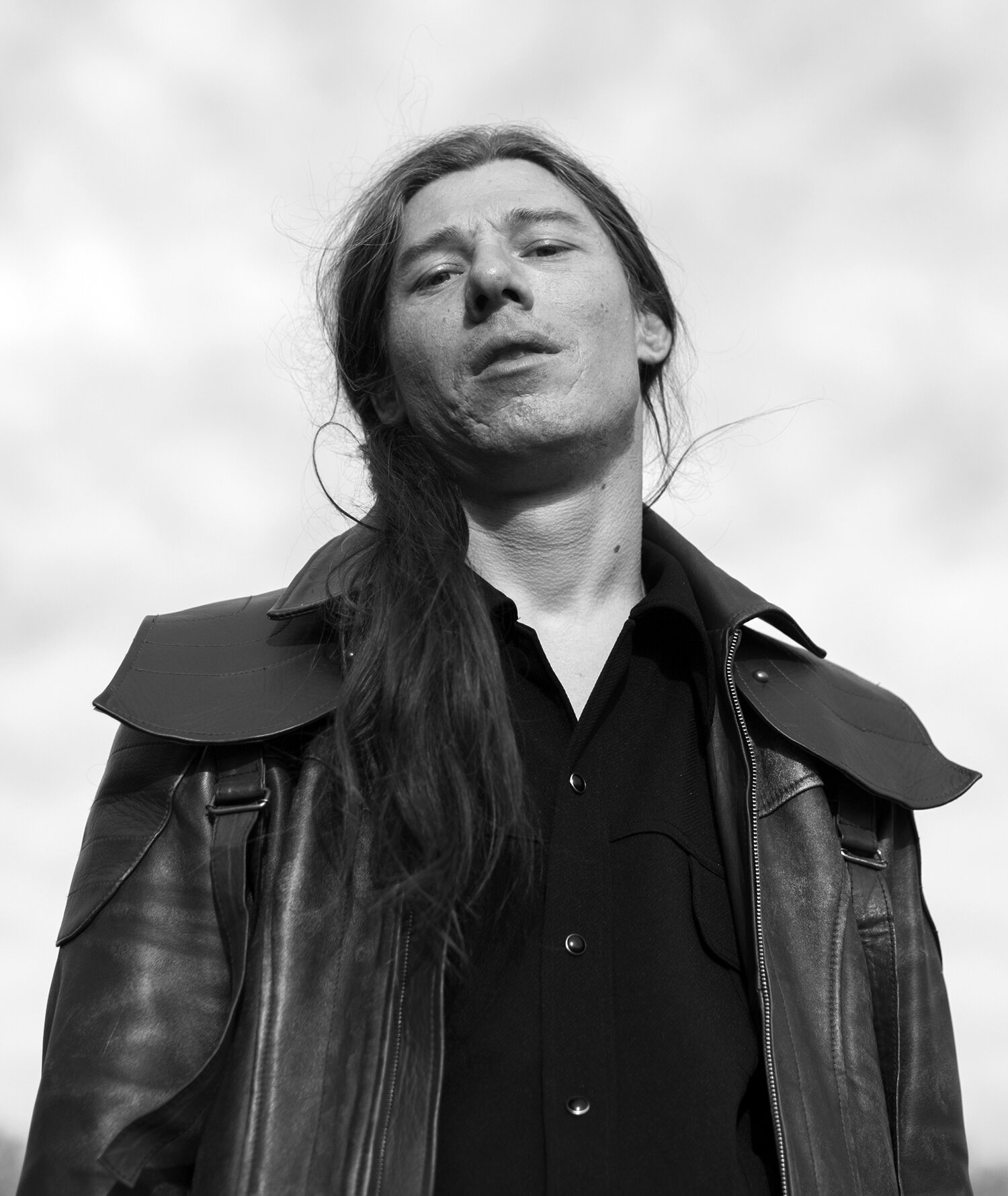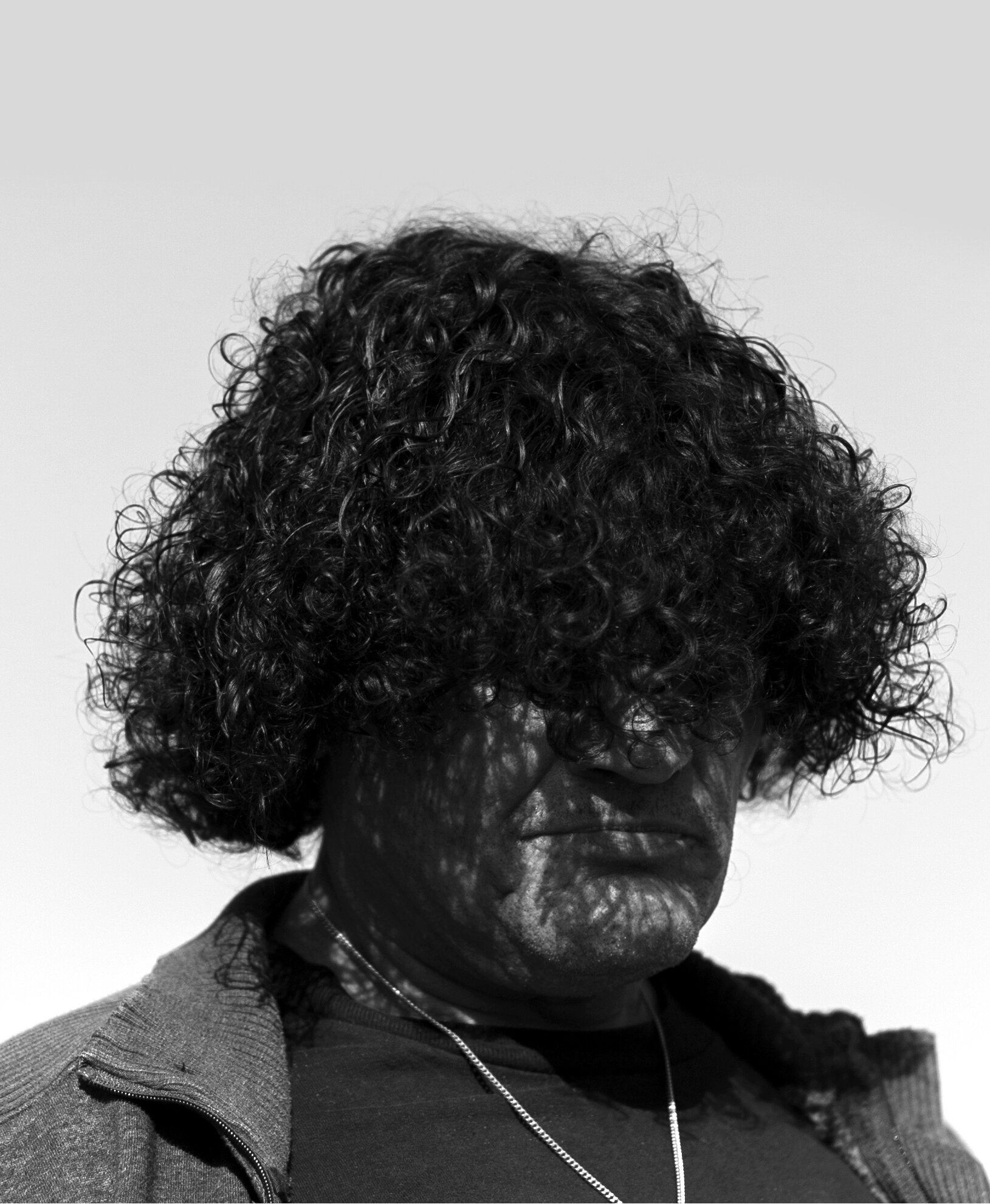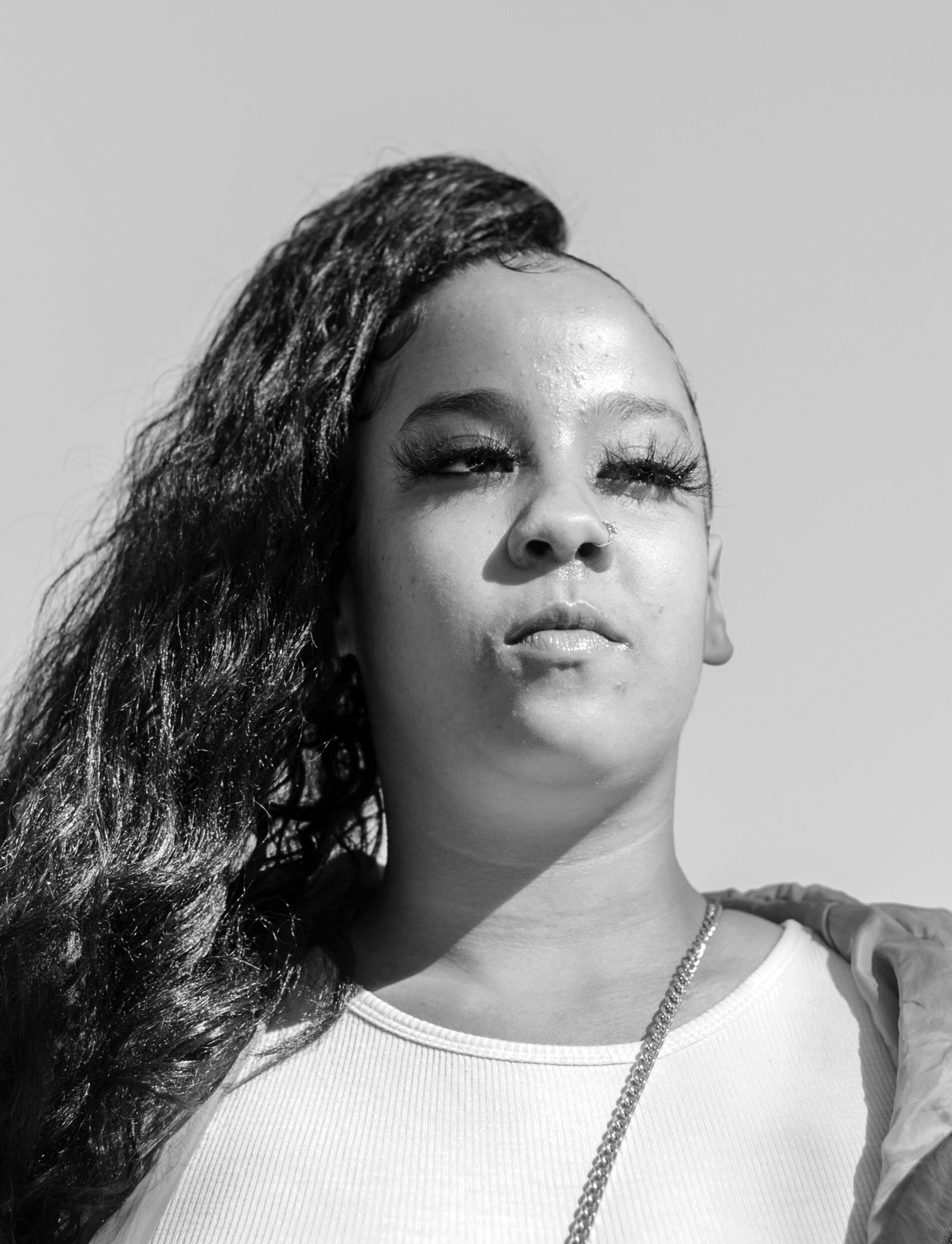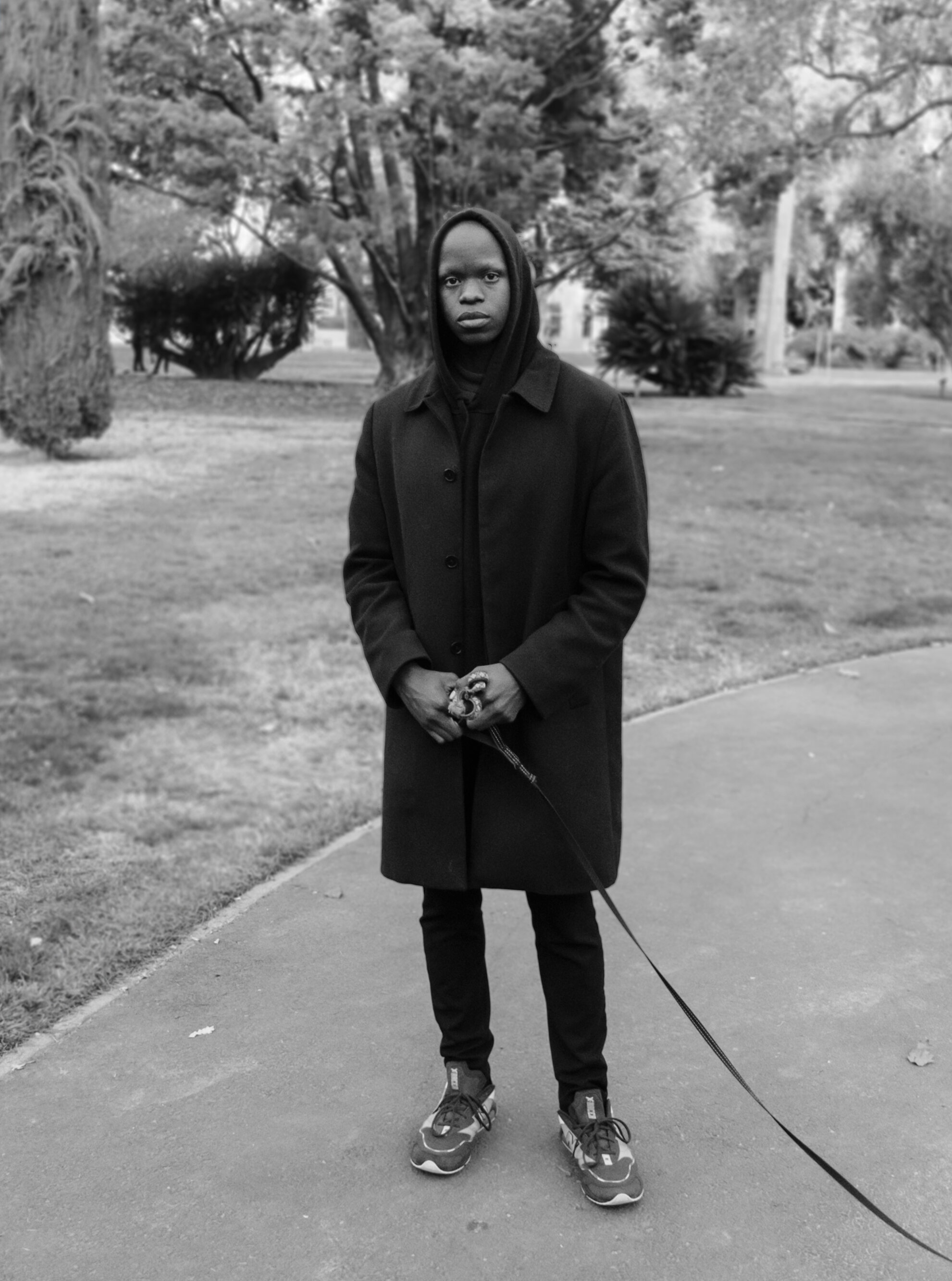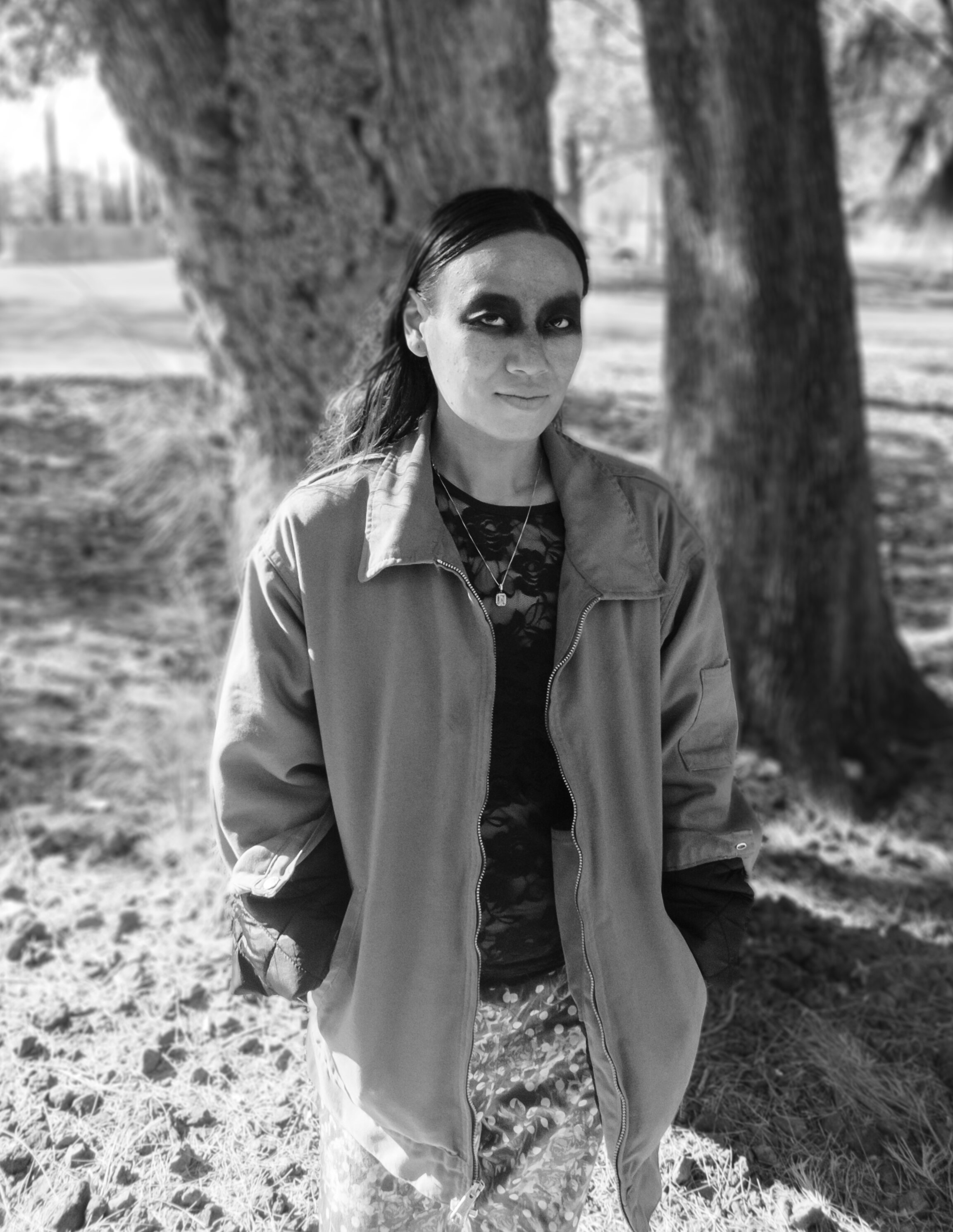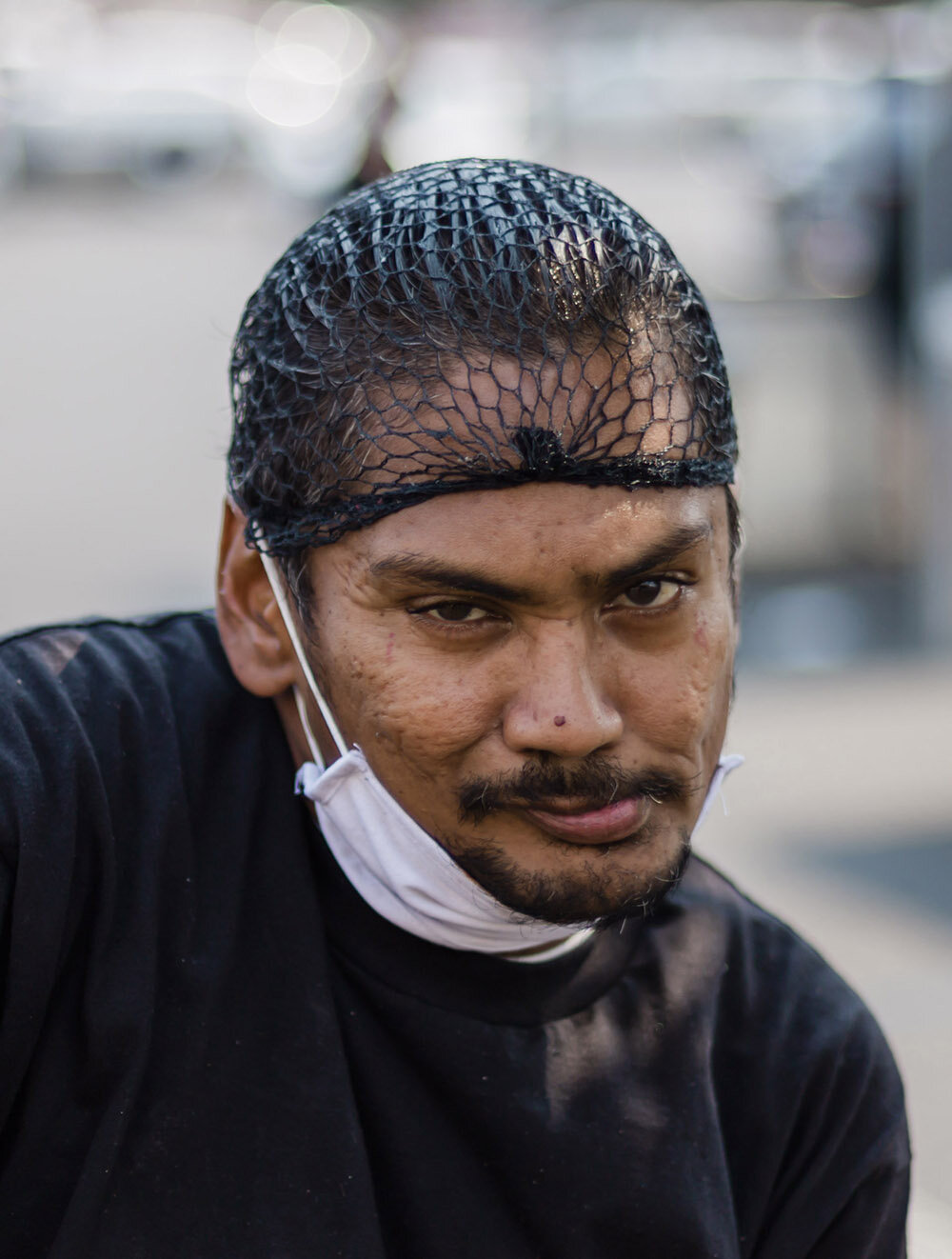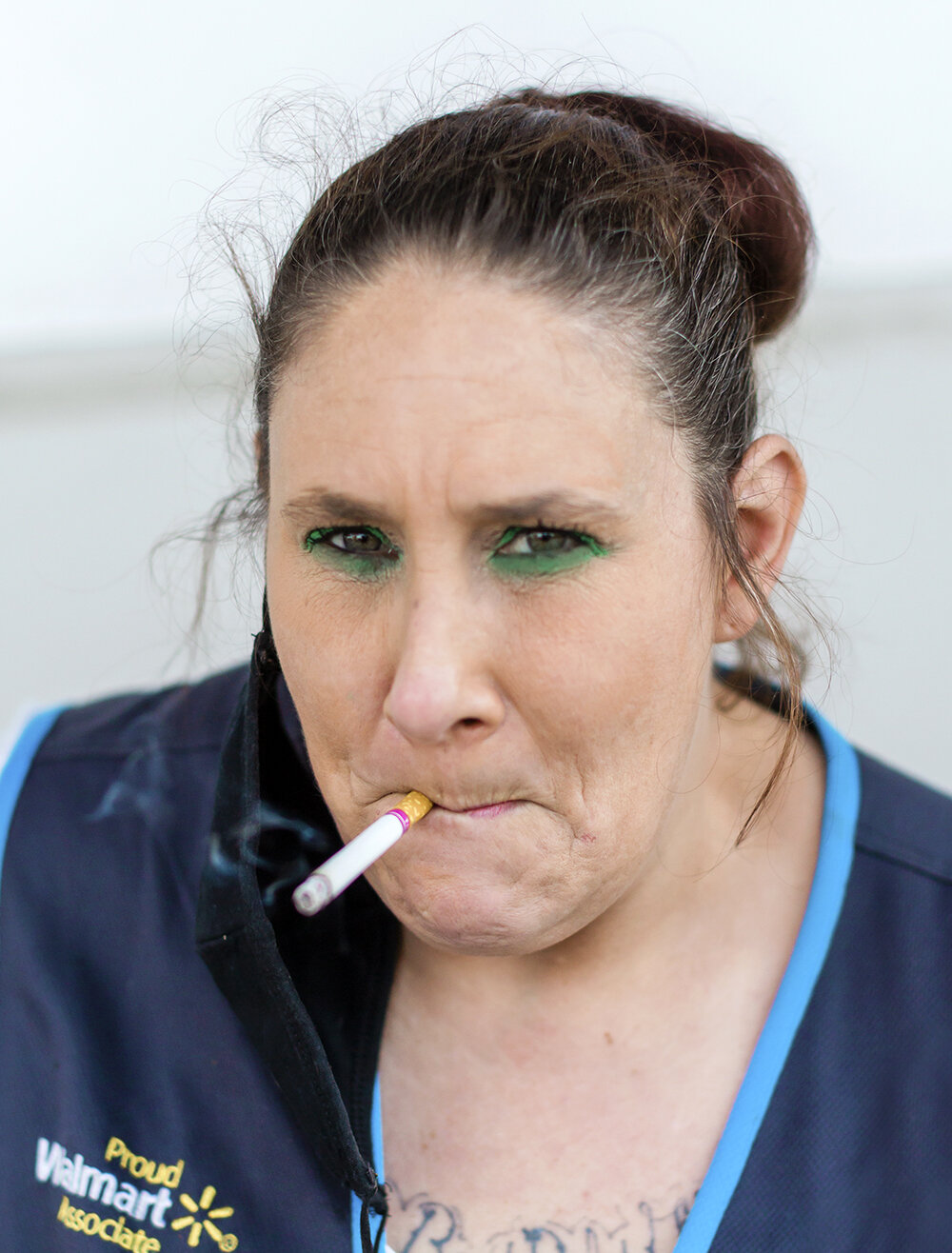Drew Sangria
In your bio on your website you state "My camera has granted me access to stick my nose into situations that I regularly wouldn't be involved in" Can you elaborate on this?
For me the process of gaining physical access is still an area that I am interested in and continually exploring. When I mention access I use it loosely almost in terms of the heightened perception that carrying a camera brings. The camera forces me to see and access things that would have otherwise been overlooked, and in turn pushes me into situations that I regularly wouldn't be involved in.
What inspired you to pick up your camera?
I have always had the urge to create. I feel that art and escapism are synonymous in a way. The act of creating grants me refrain from everyday life and acts as a sort of therapy. My work in the artistic realm creates balance in my life and photography has been my medium of choice as of late.
Can you elaborate on what it means to you to form new personal truths? How does your camera help you do this? How does it allow you to challenge your own beliefs?
The camera has given me insight into new truths regarding my physical surroundings as well as generating a better understanding of my own psyche. Getting out and photographing helps aid in crushing any preconceived notions or stereotypes that I may have been taught in the past concerning various people or places. As for personal truths, the dissection and analysis of my photographs after the fact has helped unveil certain revelations as well. This pursuit for meaning through my work sustains my desire to continue to photograph.
What draws you to photographing an image in black and white tones, what draws you to shooting in color?
Lately I have been exploring black and white exclusively. I'm not sure how much this applies to portraiture, but I have always had an interest in abstraction and feel like black and white is a small step in that direction. I also value minimalism in my work and stripping a photograph of color helps simplify things within that realm, it also seems to make a body of work a bit more cohesive. As far as color photography goes, it's something that I would like to explore more in depth in the future.
How do you approach your subjects? What advice would you give to someone who might be nervous to approach someone they've never met to photograph them?
My approach is honest and sincere. I feel like for the most part people understand that I have a genuine interest in them photographically, they can sense that excitement and it seems to go a long way. My approach varies depending on the situation. Sometimes the exchange is fleeting and other times I will strike up a conversation. To be honest, approaching a stranger can be nerve racking for me. Generally, once I take the first portrait of the day I tend to loosen up a bit and it gets easier from there, its like a muscle, the more you do it the easier it gets.
I love that your images sort of capture these in between moments of movement from your subjects. What is it about a moment that signals to you to fire your camera. What direction do you give?
Thank you. I take upwards of 40-50 photos of a single subject. I like to move around and experiment with different angles/perspectives, this gives me various options to work with. In the field, my process is fast paced and intuitive, I don't do too much thinking when I am photographing. Later, through editing I subjectively single out my favorite frames based on any sort of visceral connection the photos may posses. As far as direction goes, I tend to keep things simple. There are certain things I do take into account like the available light source and background. I will position subjects accordingly to optimize these elements. I will also ask people to sometimes pretend I'm not there and go about whatever they were previously doing, this tactic tends to keep things a bit more natural.
Is there anything you learned in school that you had to reteach yourself a different way to think about it?
First and foremost you should make art for yourself and no one else. I have learned over time that influences that are not truly genuine to you personally are short-lived and will eventually pass. Even if your work is effected temporarily these influences can't sustain themselves. I have had good art teachers and bad ones and I believe art education can definitely have negative repercussions. Art school should give you tools to discover your own creative freedom not confine or restrict you. In the end there is no right or wrong way of making art.
To keep up to date with Drew’s latest work follow along here:
Website
Instagram

